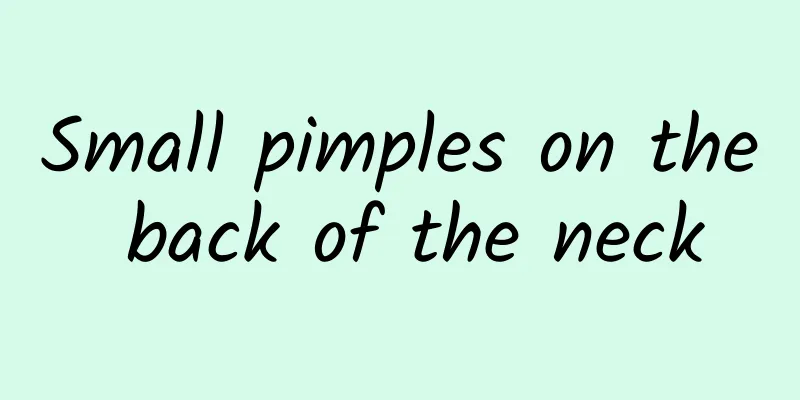What foods are good for cholecystitis

|
Cholecystitis is a common digestive tract disease. The liver stores the secreted bile in the gallbladder. When there is a problem with the gallbladder, it will inevitably affect digestion. People with cholecystitis should pay special attention to their diet. In fact, no matter what disease we have, we must not touch spicy and irritating foods, and the same is true for cholecystitis. So, apart from some foods that cannot be eaten, what foods can help us treat cholecystitis? Cholecystitis is a common abdominal disease, the main cause of which is inflammatory lesions of the gallbladder caused by bacterial infection or chemical stimulation (changes in bile composition). Guidance: Many patients with acute cholecystitis develop the disease at midnight after eating a greasy dinner, because a high-fat diet can increase the contraction of the gallbladder. Dietary control can effectively prevent the onset of cholecystitis. The first thing is to control fat intake, and the proportion of protein in the diet should be increased as much as possible. Also avoid consuming excess cholesterol along with protein. Vitamins also need to be supplemented synergistically, with special attention paid to supplementing vitamins B and C. Generally, eating appropriate amounts of fruit can meet this requirement. In addition, it is important to avoid irritating foods and alcohol. Dietary tips for cholecystitis: Eat less high-fat foods. Because high-fat foods can easily stimulate the gallbladder to contract and secrete large amounts of bile. As a result, the gallbladder will contract violently, causing an acute attack of cholecystitis. Pork, beef, mutton, cream, butter, fried foods (especially poached eggs), animal offal, fish roe, and oily pastries are all high-fat foods. Patients with cholecystitis should eat less of these foods as much as possible. Generally speaking, the total amount of fat should be 20-30 grams per day, and this amount of fat should be divided into each meal. Dietary tips for cholecystitis 2: The diet should also ensure low cholesterol: avoid foods containing high cholesterol. Such as egg yolk, brain, liver, kidney and fish roe. Because fish oil contains a large amount of polyoleic acid, it can lower the cholesterol level in the blood, so you can eat more deep-sea fish foods on a daily basis. Dietary tips for cholecystitis: Appropriate intake of high-quality protein. Lack of animal protein can easily lead to decreased resistance, susceptibility to illness, and is not conducive to the recovery of patients with cholecystitis. Therefore, adequate intake of high-quality protein is absolutely necessary. Lean meat, chicken, duck, fish, eggs, soy products, etc. are rich in high-quality protein. Of course, protein should be consumed in moderation, 50-70 grams per day. Adequate protein is beneficial to the repair of damaged tissues, but excessive protein will increase the secretion of bile, which is not conducive to the repair of inflammatory tissues in the gallbladder. Dietary tips for cholecystitis: Drink plenty of water and eat more fruits and vegetables. |
<<: The harm of drinking water before bedtime for children
>>: How to treat cholecystitis
Recommend
What are the symptoms of lymphatic blockage?
Lymph is an immune system of the human body. If t...
When is the best time to use scar removal cream?
Scar removal cream generally has the effect of fad...
What is an ovarian cyst
There are many common diseases among women. There...
Contraindications of Guizhi Fuling Capsule
Guizhi Fuling Capsule is actually a kind of medic...
Connective tissue external hemorrhoids symptoms
Connective tissue external hemorrhoids are also a...
What to do if you have irregular menstruation due to liver depression and qi stagnation
When the liver is depressed and qi is stagnant, i...
Tumor is actually a genetic disease! How to prevent malignant tumors?
With the development of human science and technol...
Symptoms of hernia in women, treatment methods for hernia in women
For female friends, once they find that they have...
What to do if the vagina is inflamed
It is common for men to have inflammation of the ...
Bacteria under the microscope
We all know that there are a lot of bacteria arou...
How to treat kidney deficiency and cold uterus? Recommended dietary therapy for warming uterus and nourishing kidney
Keeping warm is particularly important for women&...
Treatment of chronic pharyngitis
For men who smoke frequently, many suffer from ch...
What are the symptoms of Qi deficiency and blood stasis?
In daily life, everyone's body will encounter...
It turns out that these fruits can be used to make wine. Don’t say you don’t know any of them.
Summer is the season when various fruits are on t...
What are the symptoms of good recovery from uterine curettage?
Curettage refers to surgery on the endometrium an...









